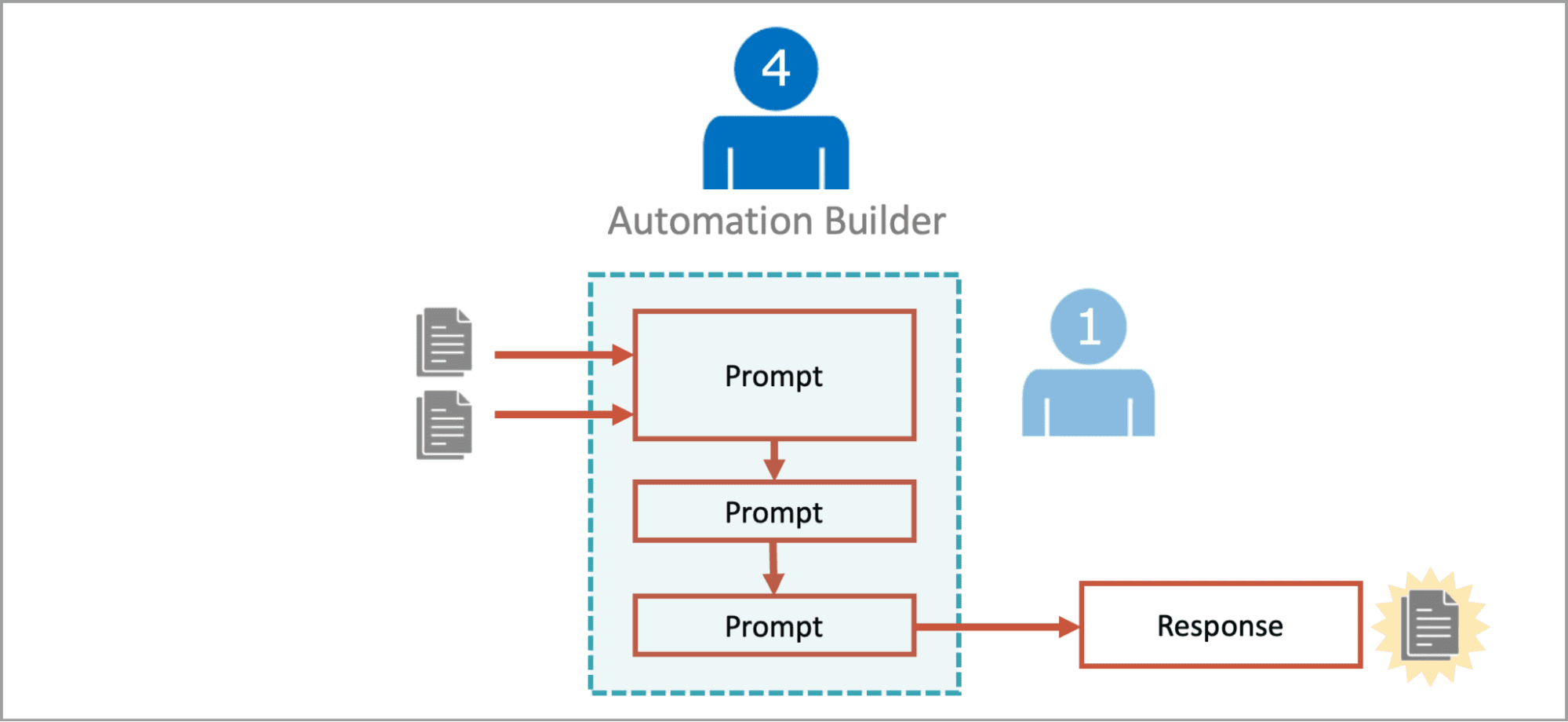Accounting, Finance & Budgeting Training Courses Every Manager Should Take
Explore the best finance and budgeting training courses every manager should take to improve decision-making, financial planning, and strategic leadership skills.
In today’s fast-paced and competitive business environment, managers must be equipped not only with leadership and operational skills but also with strong financial acumen. Whether managing a department, a project, or an entire organization, understanding the financial impact of decisions is essential. Accounting, Finance & Budgeting Training Courses are specifically designed to help managers gain critical skills that enhance decision-making, support strategic planning, and drive financial performance.
These training courses bridge the knowledge gap for non-financial managers and refine the expertise of those already familiar with financial concepts. By taking part in such programs, professionals can ensure that they are making well-informed decisions based on accurate financial analysis and budgeting strategies. From mastering the basics of accounting to leveraging complex financial forecasting models, these courses prepare managers for real-world challenges.
Why Every Manager Needs Financial Training
Managers are increasingly held accountable for their financial decisions. Whether it’s approving budgets, evaluating cost-cutting measures, or understanding cash flow, a lack of financial literacy can lead to costly errors. Accounting, Finance & Budgeting Training Courses empower managers to read and interpret financial statements, prepare budgets, and contribute to overall financial strategy.
Training in finance also improves communication between departments. Finance professionals often speak in technical terms, and managers without financial training can struggle to keep up. By developing financial literacy, managers can interact more confidently with finance teams, auditors, and senior executives, ensuring alignment with organizational goals.
Key Skills Developed in Financial Training Courses
These training programs offer a comprehensive curriculum that covers essential topics including:
-
Basic Accounting Principles: Understanding balance sheets, income statements, and cash flow statements.
-
Budgeting and Forecasting: Creating accurate budgets, managing variances, and predicting future financial performance.
-
Cost Control and Analysis: Identifying cost-saving opportunities and evaluating return on investment (ROI).
-
Financial Decision-Making: Using data to support strategic choices and improve operational efficiency.
-
Regulatory Compliance: Staying updated with relevant financial laws and standards to avoid legal pitfalls.
By mastering these skills, managers can significantly increase their contribution to organizational success.
Choosing the Right Training Provider
Not all training programs offer the same value. It’s important to select a provider known for practical, up-to-date content delivered by industry professionals. One institution that stands out in this space is The Dubai Premier Training Centre, which has built a reputation for excellence in financial education. With tailored courses designed for professionals across sectors, their offerings are both relevant and accessible.
Online vs In-Person Training
With the rise of digital platforms, professionals now have the option to attend courses either in-person or online. Online Accounting, Finance & Budgeting Training Courses offer flexibility and convenience, especially for working managers with limited time. In-person training, on the other hand, allows for greater interaction, networking, and hands-on learning.
The choice between online and in-person formats should be based on learning preferences, schedule, and budget. Many institutions also offer hybrid models that combine the best of both worlds.
Long-Term Benefits of Financial Training
Investing in financial education pays off in numerous ways:
-
Better Decision Making: Financially savvy managers make smarter, more informed decisions.
-
Career Advancement: Financial skills make professionals more attractive candidates for promotions and leadership roles.
-
Organizational Impact: When managers understand how to manage budgets and improve financial performance, the entire organization benefits.
-
Increased Confidence: Understanding financial terminology and concepts helps managers feel more confident when participating in strategic discussions.
Financial training is not just about numbers—it’s about strategic thinking, risk management, and value creation. Another great option for professionals based in the UK is to explore the best training courses in London, which combine academic rigor with real-world application. Many of these programs include case studies, group exercises, and interactive simulations to enhance learning and retention.
Conclusion
In a world where every decision has financial implications, Accounting, Finance & Budgeting Training Courses have become a vital part of professional development for managers. These programs offer practical, relevant knowledge that enhances both individual performance and organizational outcomes. Whether you’re managing a small team or an entire business unit, equipping yourself with financial skills is no longer optional—it’s essential.
Start your journey today with a reputable training provider, and empower yourself to lead with confidence and financial intelligence.








































































































![Building A Digital PR Strategy: 10 Essential Steps for Beginners [With Examples]](https://buzzsumo.com/wp-content/uploads/2023/09/Building-A-Digital-PR-Strategy-10-Essential-Steps-for-Beginners-With-Examples-bblog-masthead.jpg)









































